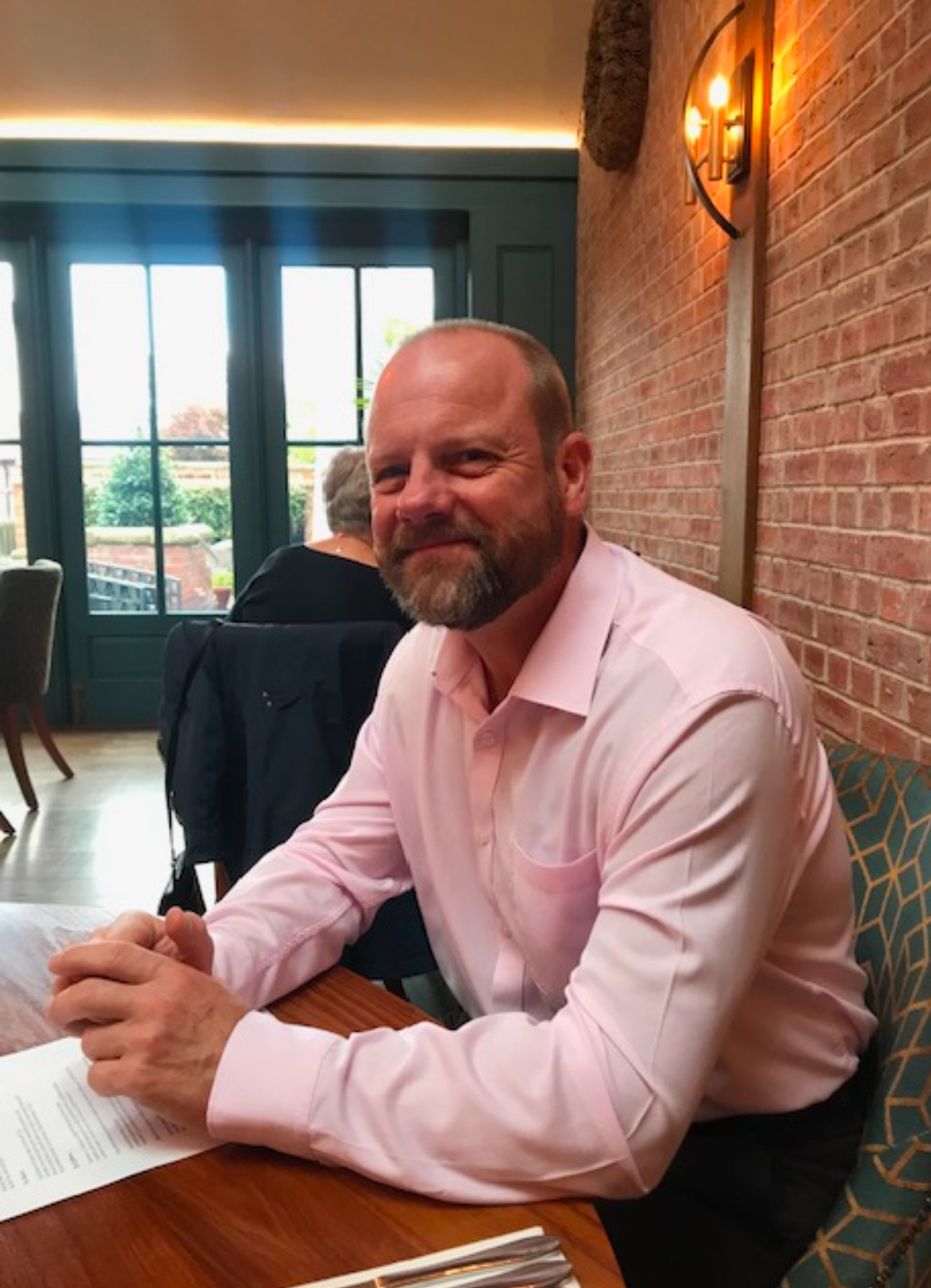Genuine investment
Martin recognised that with most alternative assets there is an element of risk. “Before I invested, I asked myself what I would be prepared to lose if anything went wrong. I understand that there’s no sure thing, and values can go up or down, but the most important consideration for me was that my money was safe in a genuine investment,” he explained.
With the above in mind, Martin began his whisky investment journey cautiously, initially purchasing one Scotch whisky cask – a Ben Nevis – in February 2022, via cask investment company Whisky 1901. As his confidence and trust in the company and his portfolio manager grew, he increased his investment to a total of three casks over the next few months. This included an Aultmore, purchased in March 2022, and a Benriach, purchased in May 2022, taking his total investment portfolio to £23,000.
Tracking financial performance
When it came to deciding which casks to buy, Martin explained, “I had no real preference for one distillery over another, aside from its financial performance. I recognised the distillery names, but didn’t know much else before investing. It was the good advice I was given by Whisky 1901 that informed my purchasing decisions.”
Armed with information such as the date the cask was distilled, alcohol by volume (ABV) and the average number of bottles per barrel, Martin was able to do some of his own research and due diligence. “With Ben Nevis, for example, the distillery sells bottles online from ten-year-old casks, so I was able to check what they were currently retailing for to ensure I was paying a sensible price for the cask based on bottle count”, he added.
Exit strategy
There are various exit strategies for whisky investment, including selling back to whisky brands as distillers often ‘run short’ of stock, or selling to independent bottlers or other cask investors. Some investors choose to place their casks in an auction, with a minimum reserve price, or bottle and brand their own whisky to sell on the retail market or simply enjoy it themselves.
“I invested in whisky casks with a view to selling. My plan was always to invest, resell and reinvest any profit in different casks,” explained Martin. “Although I’ve grown to like whisky more since I’ve invested in it, I never had any intention of bottling my casks for drinking.”
Martin also appreciated that while the spirit remains in the cask, and stored in Scottish warehouses, both Excise Duty and Value Added Tax (VAT) are suspended. These taxes only become payable after the whisky leaves the warehouse to be bottled.
High returns
Unfortunately, due to unexpected illness, Martin had to exit the whisky cask investment market earlier than anticipated in September 2024. “When I became unwell, I gave up all three casks and released the funds in case that money is needed for medical care in the future.”
Whisky is typically a long-term investment, i.e. ten years plus, where the value rises as the spirit matures in the cask. However, in just an 18-month period, Martin was fortunate to have seen a high return on his investment – an average of 40% across the three casks; with one cask – the 2018 Aultmore – realising a profit of 60%. “This was a massive surprise to me because I expected the other two casks to do better,” enthused Martin. “Aultmore was the cheapest and youngest cask of the three, but the timing was right.”
Swift exit
On releasing the funds, Martin commented, “To be honest, I was a little concerned around how that would play out, especially as I’d only held my casks for 18 months. I thought it might have been a lengthier process to get my money back, but I needn’t have worried – it really wasn’t. The whole process was very smooth. Within four or five weeks of speaking with my portfolio manager, I received my payment in full. Any delays were due to me being unwell.”
“My whole experience with Whisky 1901, from start to finish, has been a really good one. Their consultants are knowledgeable; I was always kept up to date on my investments and well informed about new opportunities. I received good advice and never felt pushed into investing. My portfolio manager would regularly approach me with opportunities, but he would just say, ‘This cask has come up. I’ll send you the information. Please just have a look’, without any pressure to purchase”, he added.
On whether he’d recommend whisky cask investment to others, Martin concluded, “It’s important to do your due diligence to make sure you’re working with a trusted company. The experience couldn’t have gone better for me, and it was also enjoyable, so much so I hope and expect to come back to it in the future.”





